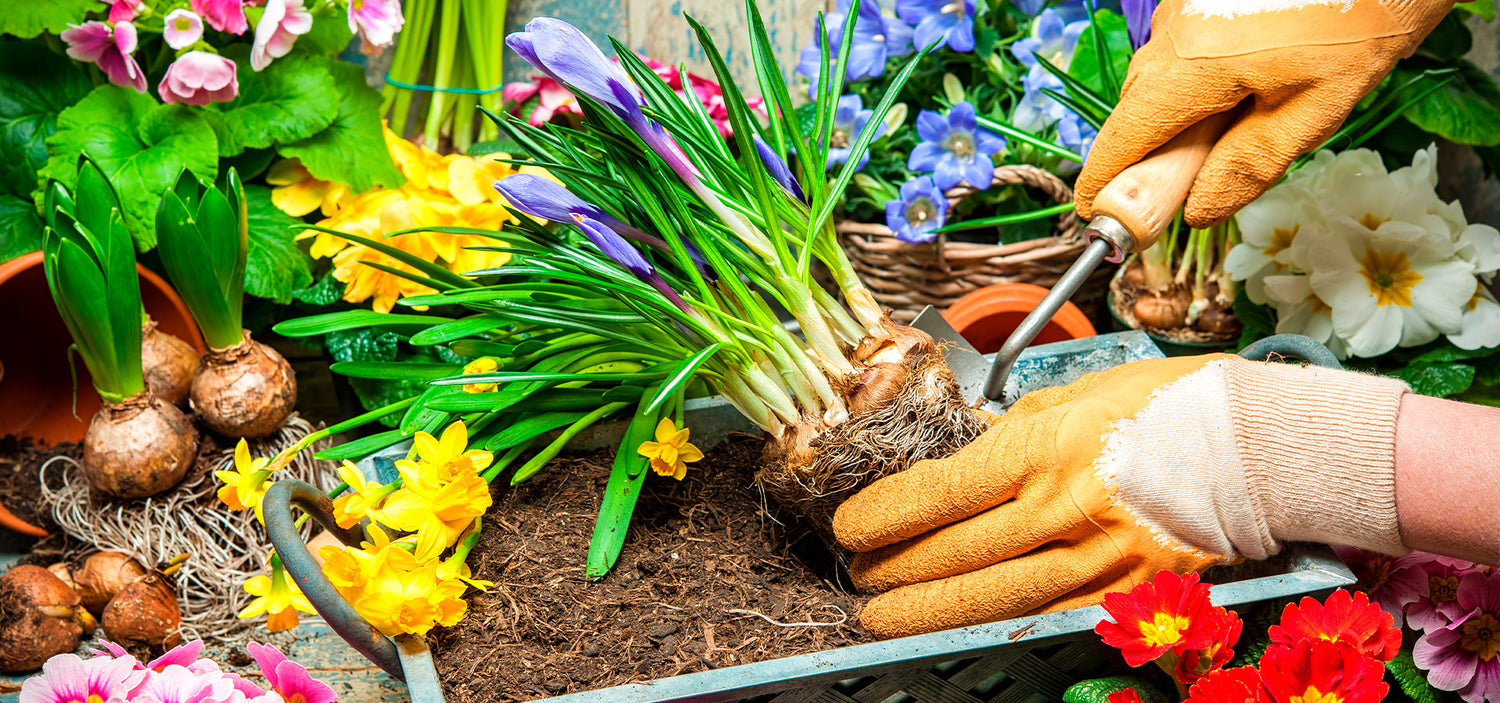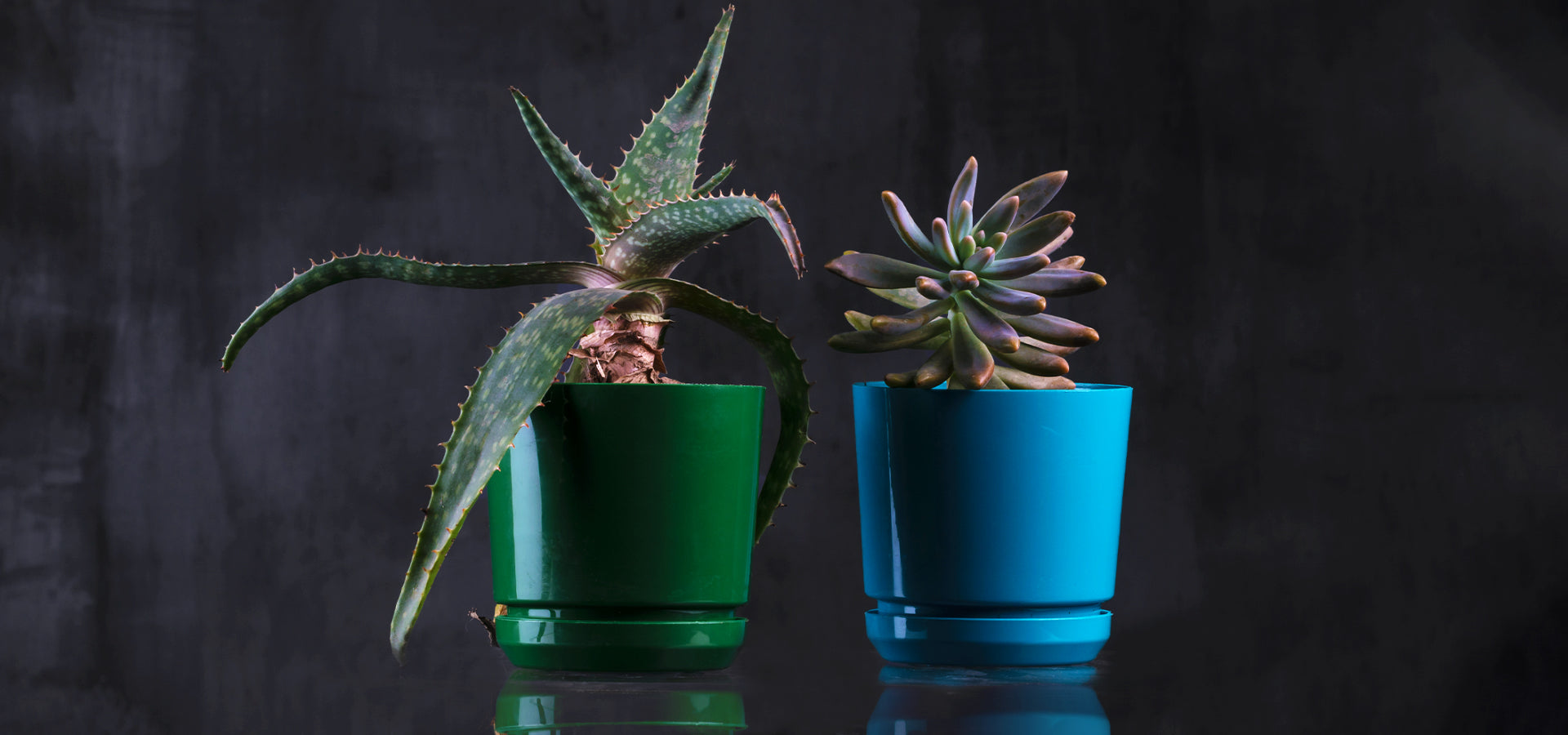We have all dreamed of having a splendid garden that, in addition to beautifying our home, serves as a refuge when stress overwhelms us. Lack of experience should not discourage us! Gardening is an art that requires dedication and specific knowledge, but can be learned slowly.
For this reason, and with the aim of helping people who have immersed themselves in this magical world until now, we have decided to compile the following gardening tips for beginners. We hope they will be of great help.
1. First of all, you have to define the end of the garden A garden can be used to plant flowers of a thousand colors, create appropriate spaces for recreation and grow vegetables.
For this reason, from the beginning it is necessary to define the function that it is going to fulfill and clearly delimit the areas destined for each purpose.That way we will be clear about what we want and it will be much easier for us to visualize how we will build it. If the budget allows it, it is worth hiring the services of a landscaper to help us with the design. Thus, we will obtain a perfect mix between colors, heights and locations.
2. Evaluate the climate of the area Before buying the plants, we must know in depth the climatic conditions of the area in which we intend to develop our garden (warm, desert, tropical, humid, cold, etc.).
In this way, when visiting the nursery we will be able to choose, with the advice of local professionals, flowers, bushes, herbs and shrubs that will really adapt to the climate in which they will be planted.In this regard, we cannot ignore the so-called microclimates, which refer to the specific climate of much smaller areas. For example, the microclimate of a place that receives sun all day is not the same as the one under a leafy tree.
3. Take into account the intensity of light All plants require light to live, although in different amounts and intensities.
For example, even if the label of a certain bush says that it is for outdoors, it may not withstand direct exposure to sunlight for a long time, or it may only support diffused sunlight, as is the case with orchids.For this reason, before sowing any plant, we must read the instructions in this regard well or request advice from the nursery where we bought them. Thus, we guarantee its location in the perfect place.
4. Evaluate the substrate or terrain There are plants that require more sandy and drained land to live, such as cacti; others, such as heliconias, prefer more clayey and moist soils.
That is to say: each type needs a specific substrate.Consequently, before planting we must know the type of soil in our garden and cover it with organic compost. In this way we fertilize naturally and promote biological activity in the soil, resulting in healthier plants. The same logic applies to the plants that we plant in pots.
5. Water the plants at the right frequency Most beginning gardeners believe that the more water they apply to their plants, the faster and healthier they will grow.
Serious mistake. Not all plants need the same amount of water to live.Usually, outdoor plants should be watered at least once a week, but the cycle can vary depending on the species, the weather conditions and the levels of evaporation present in the area where we have the garden. Therefore, it is prudent to seek the best advice in this regard at your nearest The Home Depot store with a garden associate.In any case, let us remember that irrigation is done on the ground and not directly on the leaves or flowers of the plants. That makes them prone to pests and rot.
6. Proper fertilization Another common mistake made by beginners is to fertilize plants just arrived from the nursery. There is no need for it. Usually, these come already well fertilized. The prudent thing is to wait for them to stabilize and adapt to their new home, or wait for the first pot transplant.Otherwise each plant needs different types of fertilizers.
7. Frequent pruning If we want to see our plants healthy, we have to prune them with some frequency to eliminate the elements that prevent the passage of sunlight to the entire garden or affect its normal development (damaged flowers, rotten fruits or dry, broken and diseased branches).Let's not forget that specific pruning varies from species to species; therefore, we must inform ourselves about it.
8. Acquire the basic tools Part of being a good gardener is acquiring and properly selecting the tools and utensils to take care of our garden. Some of the basic utensils that we must have are:
• Shovel (various sizes for different types of garden and pots)
• Rake
• Pruners and brushcutters
• Gardening scissors
• Cut branches
• An irrigation hose and sprinklers
• Pots and containers
• Gloves
• Workwear With these tools and utensils we can carry out the basic tasks of gardening, typical of those who until now are just starting out in this art. Over time our knowledge will increase, along with our equipment needs.
9. Take into account the height of the plants When planting our plants, we must keep in mind the height of each one of them, so that when the taller ones grow, they do not deprive the smaller ones of light, causing them to die. Or on the contrary, planting not considering the excess of sun for some.
10. Seed storage One of the best gardening tricks is to store seeds, stems, and more in clean jars and in dry places. This prevents them from germinating on their own.
11. Allow insects to live in the garden Not all insects are harmful. Some, like bees and butterflies, pollinate flowers; Others can be harmful if they occur too much.Similarly, worms, although they are not strictly insects, provide nutrients to the soil through their droppings, aerate the soil and control its pH.In that sense there are many more animals that are beneficial for our garden. We must ensure that they are preserved.
12. Beware of the roots There are plants whose roots can spread through the ground, preventing the growth of those next to them and even affecting the walls. The most prudent thing is to plant them in containers or in remote places where they do not cause any damage.
13. Care when transplanting Many of the beginners in gardening make a serious mistake when transplanting newly purchased plants. These usually come in a pot. The inexperienced gardener simply removes them from there and immediately inserts them into the previously dug hole. This can cause the roots to wrap around each other and not expand, leading to rot from watering.The ideal when transplanting them is to take the roots, very carefully, from the inside out until they take their natural place. This step is essential, especially in cases where the plant has been in a pot for too long.
14. Beware of pests It is important to periodically inspect the leaves and stems of plants for parasites or harmful fungi. In case of detecting them, we must cut the affected parts and burn them or discard them in closed containers so that they are removed by the relevant body. If the problem persists, we have no other solution than to immediately apply a specialized product, preferably natural or recommended by an expert in the field.
15. Keep an agenda of the plants Once the garden has been planted, it is important to consolidate a list of the plants we have in a single agenda, noting their flowering period, fertilization, pruning and other important information for their maintenance.
These 15 gardening tips for beginners will be of great help to get started in this beautiful art. Ideally, of course, we should start studying everything we can about gardening and botany, in order to add theoretical knowledge to practice and become experts in the field.To complete the ideal garden, it is recommended to review the complements to the fauna of the garden, that is, special outdoor furniture or barbecues. Another example is lighting that helps our garden look equally impressive day and night.




Leave a comment
This site is protected by hCaptcha and the hCaptcha Privacy Policy and Terms of Service apply.